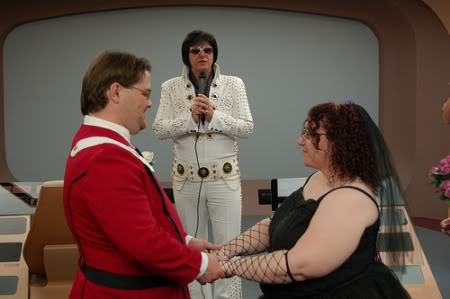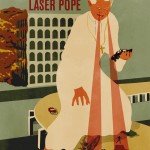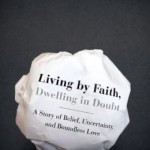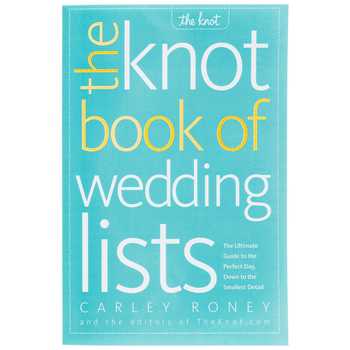The NYT Weddings section recently reported on a new trend for marriage officiants: marketing themselves for their entertainment potential rather than any particular ministry. One popular officiant is the Kenny Kramer, who inspired the Seinfeld character of the same name.
The bride’s parents squirmed. Seconds later, Mr. Kramer, who prefers not to be called the Rev. Kramer but rather Irreverent Kramer, pronounced the smiling couple husband and wife, and after they kissed, he reminded them of his customized lifetime warranty: if they divorce, their next weddings are pro bono. Nervous laughter punctuated the room…
Mr. Cherlin [a sociologist] explained that more brides and grooms are financing their own weddings, a trend that removes parental influence over the ceremony, including its religiosity. “Having that ‘Seinfeld’-based Internet minister is more consistent with the idea that weddings should be a fun celebration,” he added. “It’s a new kind of wedding that’s more about the couple and less about the families.”
Dick Zigun, a playwright and Coney Island performer, is a Universal Life Church minister. He frequently marries couples while wearing a vintage bathing suit and a top hat. “If you want something colorful, loud and outrageous at the beach or freak-show style, I can do that,” he said. “But I am willing to do something neutral, proper and legit, too.”’
It’s interesting that the lack of responsibility to parents and other older keepers of tradition enables couples to make more diverse choices in their own ceremonies. I rolled my eyes at some points of this article, but not simply because the ceremonies were zany. The two burlesque performers in the article who were married at an arts center with zombie bridesmaids did seem to be trying to find a nuptial ceremony that authentically reflected their community.
But some of the couples in the article seem to be trying to just gussy up the ceremony, so they can make sure it can keep the attention of their guests, and maybe the couple themselves. It’s true that a legal wedding takes very little time, so couples may feel the need to pad out the ceremony, so it feels more worth the plane flights and hotel stays. But I find it odd that they’re filling time with acts and performances meant to undercut the solemnity of the occasion.
As usual, when reading NYT features on unusual weddings, I wish the reporter had asked more of the couples what kind of jump discontinuity (if any) they thought marriage represented in their relationship. As it is, I can’t tell if the comic elements are meant to ironize marriage as an institution or if they reflect something about each particular couple and community or if they’re the result of scrabbling around for new traditions once you’ve rejected the standard scripts.
I know the default is to blame contraception and cohabitation for muddling the waters around marriage, but there are still clear inflection points around exclusivity and irrevocability. Modern couples, secular or not, are saying a tremendous amount when they echo The Last 5 Years and say “This is the life I choose- / This is the thing I can’t bear to lose / Trip us or trap us, but we refuse to fall.” In a culture where relationships are, by default, sexually intimate without being permanent or serious, there’s plenty of room for weddings to mark a major turning point, without bringing any theology or tradition into it. But I can’t tell what phase changes, if any these couples mean to mark.
Going off book means you lose the lingua franca of what a wedding means, and your guests (and you!) may need to re-explain what is happening a little more emphatically than usual. I don’t object to people going outside tradition, if they feel abandoned or unserved by it, but I prefer people to make a clear choice for something, not just against the default. I can’t tell whether it’s the result of lax reporting or vague aesthetics, but I can’t tell what the couples in this article are promising each other and their communities besides a rollicking good time.













